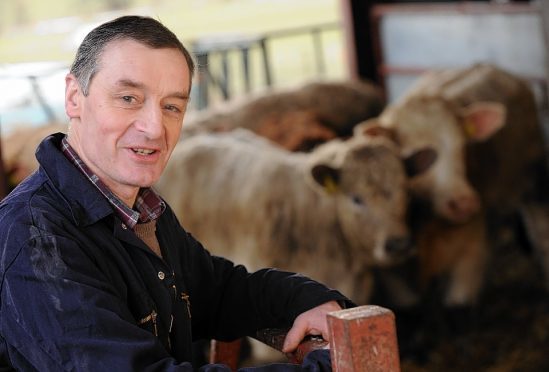A lack of clarity over the application of the “maximum moves rule” as applied to cattle supplied to abattoirs and processors in Scotland is causing producer concern and bewilderment.
Some abattoirs are imposing penalties and deductions on the price paid for cattle entering their plants if they have spent their life on several farms.
Most recently, meat processor Dunbia made an announcement that it was to reduce the payment for cattle that had been on more than four farms.
This, and a lack of consistency between various plant operators has prompted NFU Scotland to contact the Scottish Association of Meat Wholesalers (SAMW) as it has become apparent that different abattoirs are deducting different amounts, for varying numbers of moves.
Furthermore, the definition of a move is unclear. Some abattoirs define it as a change of ownership whereas others view this as a change of residency, catching out those cattle who have simply moved from farm to farm within the same business.
NFUS Livestock Chairman Charlie Adam said: “It is already apparent that every processor appears to be operating to its own individual standards hence the need for NFUS to contact all plants to find out just what is happening.
“First and foremost we need clarity from each processor on its definition of a move. There appears to be two different rules in use – one based on the number of times an animal has changed ownership, the other counting the number of farms the animal has been on ,regardless of whether those farms are owned by same business.
“We also need processors to clarify how many moves are permitted before deductions are applied.”
Ian Anderson, SAMW executive manager, said: “Individual requirements made by meat processors in relation to cattle movements prior to purchase are driven entirely by customer demands at the retail point. Some supermarkets, for example, stipulate that they will only accept meat from livestock which have been on four or fewer farms during their lifetime. This is not a new requirement, however, having been demanded by some retailers for many years.
“Clearly, stock which do not satisfy meat purchasers requirements enter a restricted marketplace and are therefore potentially less valuable to everyone involved in the supply chain. How meat processors adjust their pricing and purchasing policy to accommodate retail demands is an entirely individual company matter, of course, and not an area in which SAMW is involved.”
